CoQ10 Max
$81.99 — or subscribe and save 5%
CoQ10 Max contains an ubiquinol, the bioactive form of CoQ10 that supports antioxidant activity by neutralizing free radicals and toxic superoxides. It supports cytoprotection by minimizing membrane lipid peroxidation as well. The patented, lipid-stabilized form of ubiquinol in CoQ10 Max is present for enhanced bioavailability. Ubiquinol, representing over 90% of total body CoQ10, is efficiently converted to the energy-generating ubiquinone form as the body needs it.
All Unique Verve Formulas Meet or Exceed cGMP Quality Standards
Description
CoQ10 Max Key Benefits & Actions:
• Supports Antioxidant Activity in Lymph, Blood, and Cell Membranes*
• Provides Fully Reduced Form of CoQ10*
• Neutralizes Superoxide and Other Free Radicals*
• Patented, Stabilized Form of Ubiquinol*
Does Not Contain:
Wheat, gluten, corn, yeast, soy, dairy products, fish, shellfish, peanuts, tree nuts, egg, ingredients derived from genetically modified organisms (GMOs), artificial colors, artificial sweeteners, or artificial preservatives.
Directions:
Take one to two soft gels daily, or as directed by your healthcare practitioner.
Consult your healthcare practitioner prior to use.
Individuals taking medication should discuss potential interactions with their healthcare practitioner. Do not use if tamper seal is damaged.
All Unique Verve Formulas Meet or Exceed cGMP Quality Standards
cGMP = Current Good Manufacturing Practice certification means that every aspect of all Unique Verve manufacturing process has been examined, including laboratory/testing methods (for stability, potency and product formulation)
Made and Packaged in the USA
Supplement Facts:
Serving Size 2 Softgels
Servings Per Container: 30
Ingredients:
Percent Daily Values (DV) are based on a 2,000 calorie diet.
** Daily Value (DV) not established.
Calories : 15
Total Fat : 1.5 g 2%
Kaneka Ubiquinol® Coenzyme Q10 (as ubiquinol) 200 mg **
Other Ingredients:
Medium-chain triglycerides, softgel (bovine gelatin, glycerin, purified water, and annatto in sunflower oil), ascorbyl palmitate, white beeswax, and sunflower lecithin.
Q+®, Kaneka Ubiquinol®, and the quality seal® are registered or pending trademarks of Kaneka Corp
The use of Ascorbyl Palmitate in the formulation is covered by US patent 6,740,338.
LEGAL DISCLAIMER
*Disclaimer: Statements made regarding dietary supplements, or products sold through this website have not been evaluated by the Food and Drug Administration. They are not intended to diagnose, treat, cure, or prevent any disease. Consult your healthcare practitioner prior to use. Individuals taking medication should discuss potential interactions with their healthcare practitioner.
Discussion
CoQ10 and the CoQ10 cycle play fundamental roles in the antioxidant and energy systems of the body. The ubiquinone form of CoQ10 is produced in the mitochondria, where it directly participates in energy production by accepting electrons in the electron transport chain. Through the action of an oxidoreductase enzyme, ubiquinone is rapidly converted to ubiquinol, the lipid-soluble form that supports antioxidant activity throughout the body. Conversion of ubiquinone to ubiquinol declines with age, particularly after age 40. Supplementation may help maintain normal levels of ubiquinol in the body as well as address drug-induced nutrient depletion of CoQ10. Until recently, the ubiquinol form had not been effective as a supplement because it was chemically unstable and easily oxidized. CoQ10 Max contains a patented, absorbable form of ubiquinol that maintains its structure and stability in the gastrointestinal environment.
Antioxidant Status:
Oxidative stress is detrimental to the integrity and function of cell membranes and tissues, and ultimately to DNA itself. Antioxidant status must be maintained throughout the body in order to protect vulnerable cells. Research indicates that ubiquinol supports antioxidant activity, including the regeneration of vitamins C and E, helping to
maintain normal levels of free radical activity in the body. Researchers also suggest a possible role for CoQ10 in redox control of cell signaling and gene expression.
Cholesterol:
Antioxidant protection is vital to maintaining the integrity of cholesterol and its role as a precursor to vitamin D, hormones, cell membranes, and brain tissue. Reactive oxygen species, including superoxide released by immune cells, cause the oxidation of cholesterol and can turn a vital biochemical precursor into a toxin.
CoQ10 Depletion:
Serum CoQ10 levels decline with age but are also reduced with inhibition of the HMG-CoA reductase enzyme, an enzyme essential to CoQ10 production. In the event of reduced production, or drug-induced nutrient depletion, physicians recommend supplementation with CoQ10 to help maintain normal levels in the body.
Related depletion of vitamin E in lymphocytes may raise further concerns about patients’ vulnerability to oxidative stress.
Heart Health:
Research suggests that patients experienced significant support of cardiac function after receiving supplemental ubiquinol (an average 450-580 mg per day). These patients achieved more desirable levels of serum CoQ10 when switched from ubiquinone to ubiquinol.
Researchers suggest that ubiquinol had dramatically improved absorption.
Research on the elderly also appears to indicate that supplemental CoQ10 can increase tolerance to aerobic stress in cardiac tissue.
Aging:
The role of CoQ10 in aging has become a topic of great interest. Supplementation with both forms of CoQ10— ubiquinone and ubiquinol—was studied in a SAMP1 mouse model. Results suggest that the ubiquinol form more effectively raised CoQ10 levels in the liver (the main target tissue), followed by kidney, heart, and brain. Ubiquinol also appeared to have a more positive effect on maintenance of healthy function than did ubiquinone.
Kaneka QH™
Stabilized ubiquinol was developed by Kaneka Corporation[9] (the world’s largest manufacturer of CoQ10) and was found to be safe and bioavailable following single and multiple doses.*[10]
REFERENCES
- Coenzyme Q10 Depletion in Medical and Neuropsychiatric Disorders: Potential Repercussions and Therapeutic Implications: https://pubmed.ncbi.nlm.nih.gov/23761046/
- Linus Pauling Institute: http://lpi.oregonstate.edu/infocenter/othernuts/coq10/
- Effect of ezetimibe and/or simvastatin on coenzyme Q10 levels in plasma: a randomized trial: https://link.springer.com/article/10.2165/00002018-200629080-00007
- Atorvastatin decreases the coenzyme Q10 level in the blood of patients at risk for cardiovascular disease and stroke: https://pubmed.ncbi.nlm.nih.gov/15210526/
- The clinical use of HMG CoA-reductase inhibitors and the associated depletion of coenzyme Q10. A review of animal and humanpublications: https://pubmed.ncbi.nlm.nih.gov/14695925/
- Biochemical functions of coenzyme Q10: https://pubmed.ncbi.nlm.nih.gov/11771674/
- Primary and secondary coenzyme Q10 deficiency: the role of therapeutic supplementation: https://pubmed.ncbi.nlm.nih.gov/23452285/
- The effect of coenzyme Q10 in statin myopathy: https://www.ahajournals.org/doi/full/10.1161/JAHA.118.009835
- Coenzyme Q10 deficiency in patients with Parkinson’s disease: https://pubmed.ncbi.nlm.nih.gov/22542608/
- Clinical aspects of coenzyme Q10: an update: https://pubmed.ncbi.nlm.nih.gov/19932599/
- Coenzyme Q10 treatment in serious heart failure: https://pubmed.ncbi.nlm.nih.gov/10416042/
- Effect of coenzyme Q10 supplementation on heart failure: a meta-analysis: https://pubmed.ncbi.nlm.nih.gov/23221577/
- Effects of CoQ10 supplementation on plasma lipoprotein lipid, CoQ10 and liver and muscle enzyme levels in hypercholesterolemic patients treated with atorvastatin: a randomized double-blind study: https://pubmed.ncbi.nlm.nih.gov/17681347/
- Biochemical rationale and myocardial tissue data on the effective therapy of cardiomyopathy with coenzyme Q10: https://www.ncbi.nlm.nih.gov/pmc/articles/PMC397155/
- The effect of Coenzyme Q10 on morbidity and mortality in chronic heart failure: https://pubmed.ncbi.nlm.nih.gov/25282031/
- Important new data shows CoQ10 improves survival in heart failure patients: https://www.ncbi.nlm.nih.gov/pmc/articles/PMC7287951/
- Supplemental ubiquinol in patients with advanced congestive heart failure: https://pubmed.ncbi.nlm.nih.gov/19096107/
Only logged in customers who have purchased this product may leave a review.

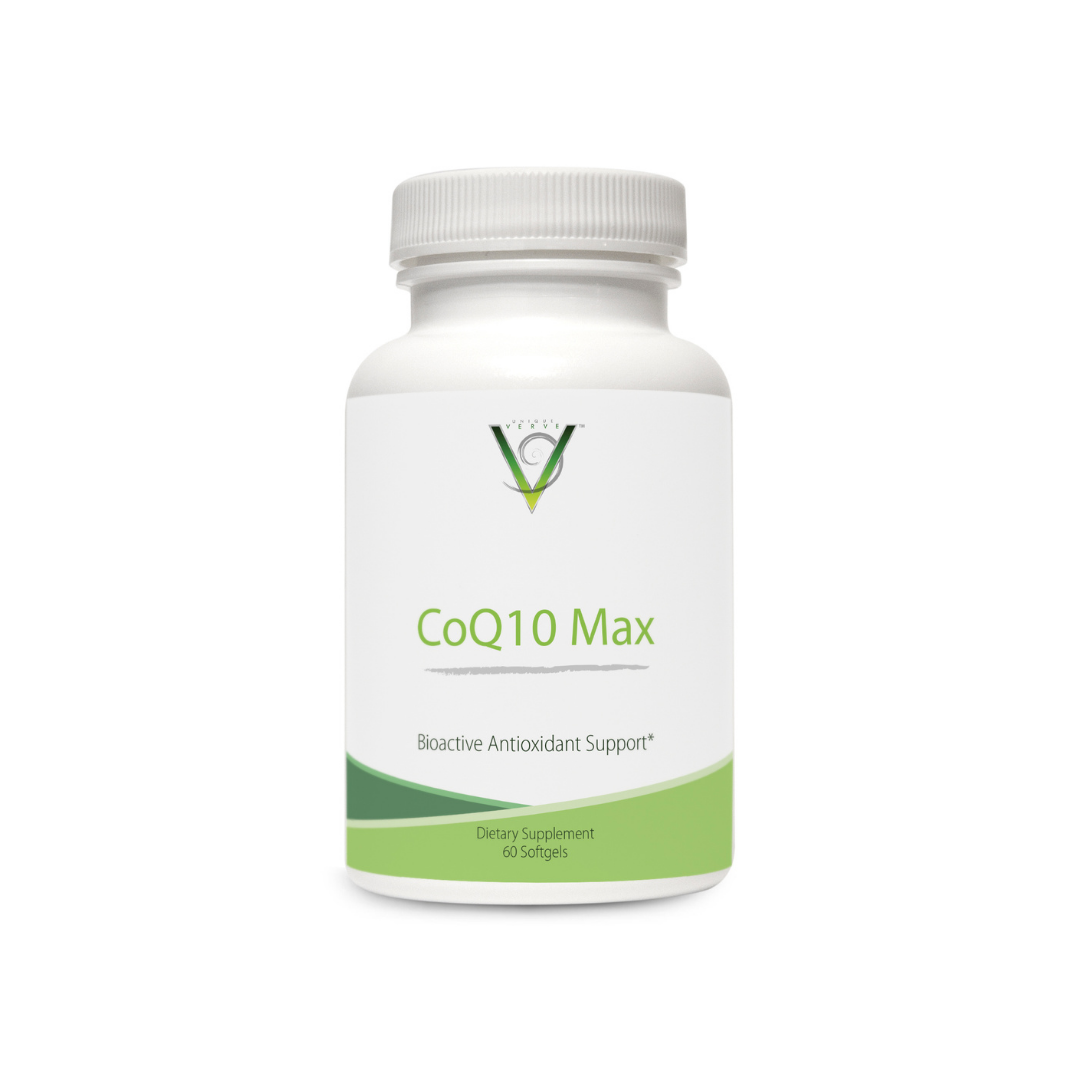
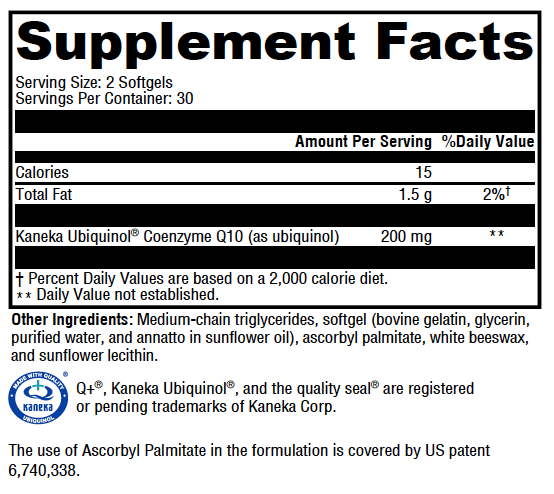
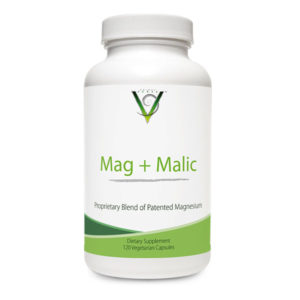
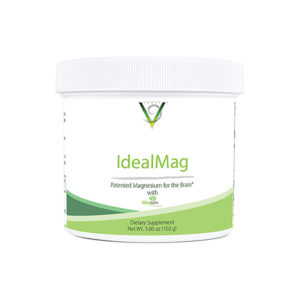
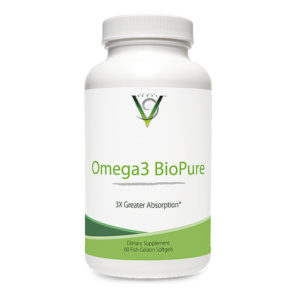
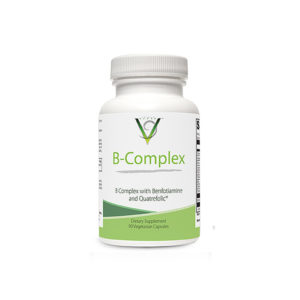
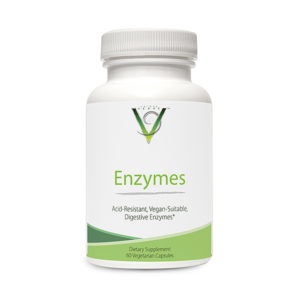
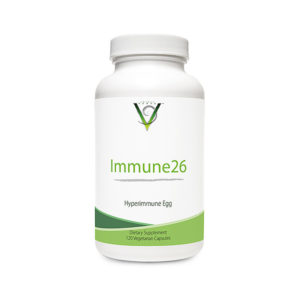
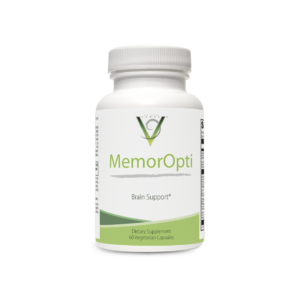
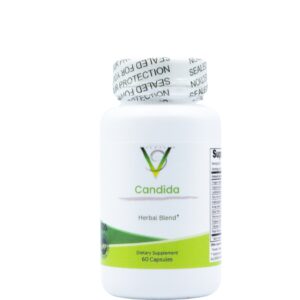
Reviews
There are no reviews yet